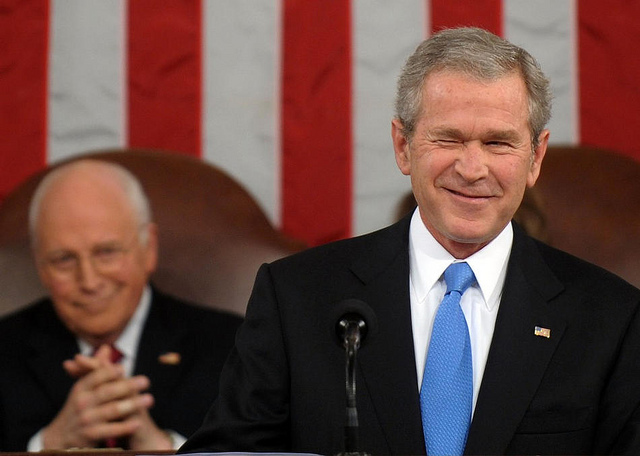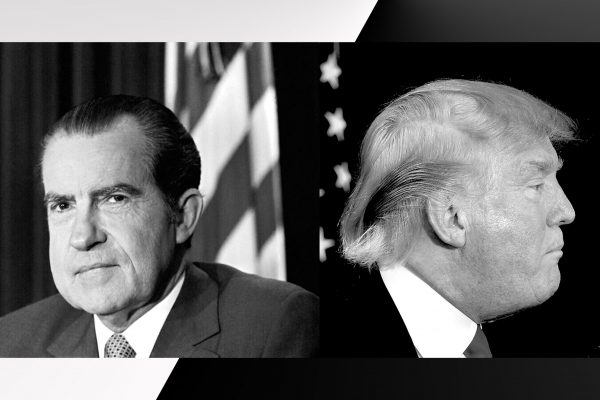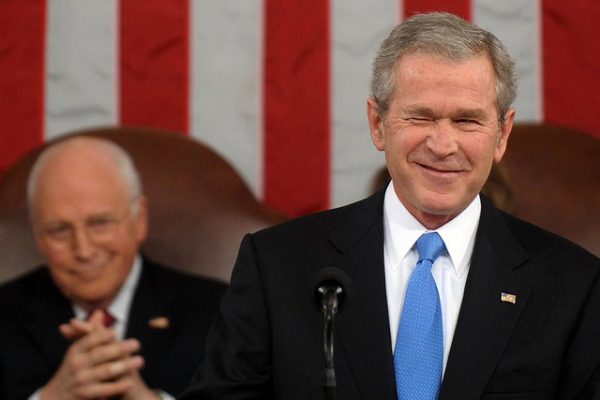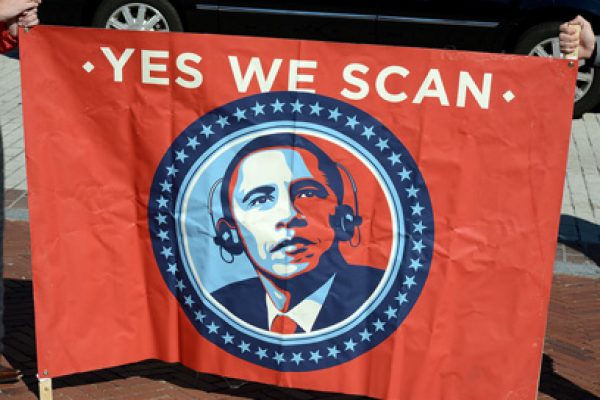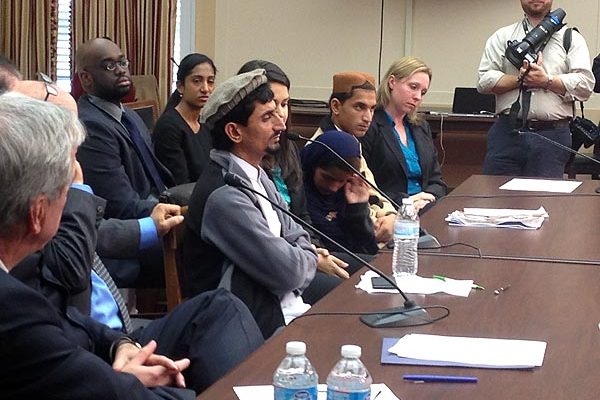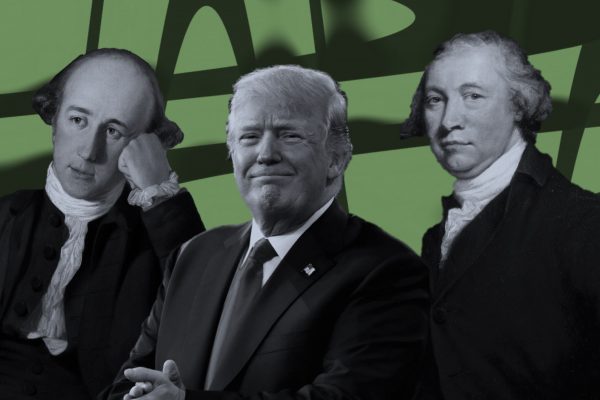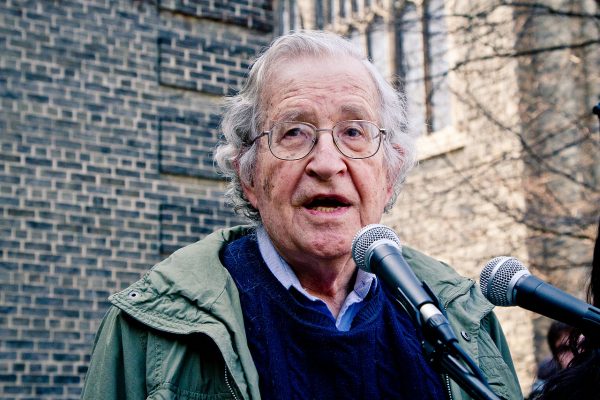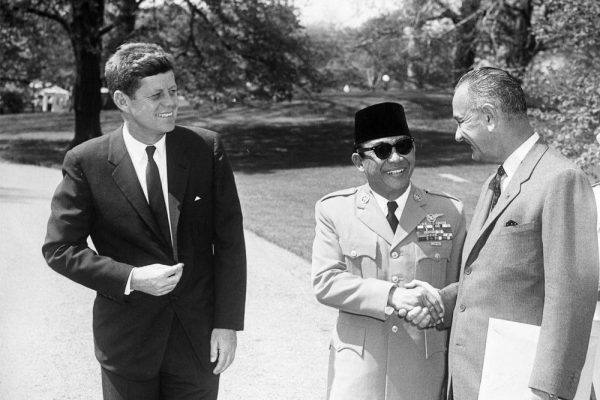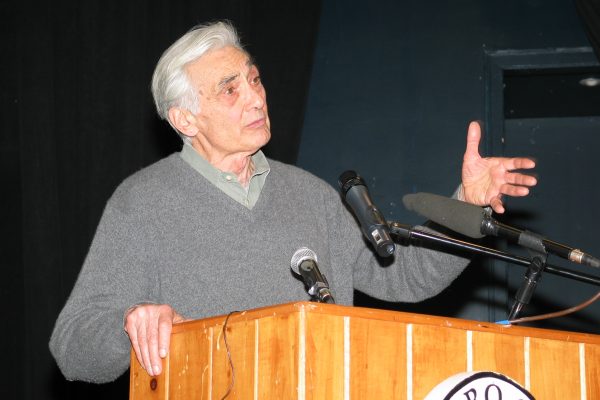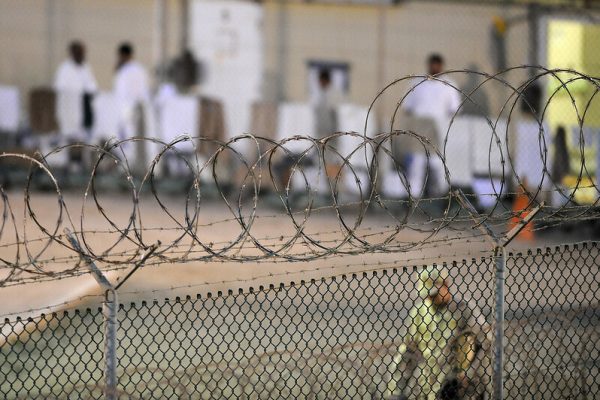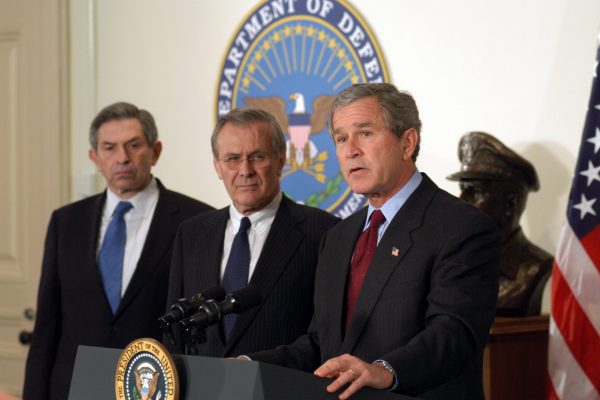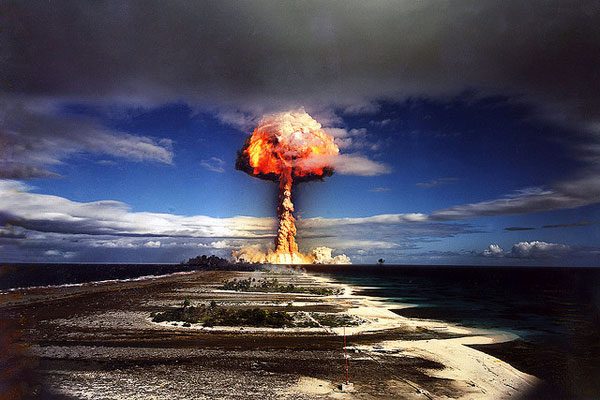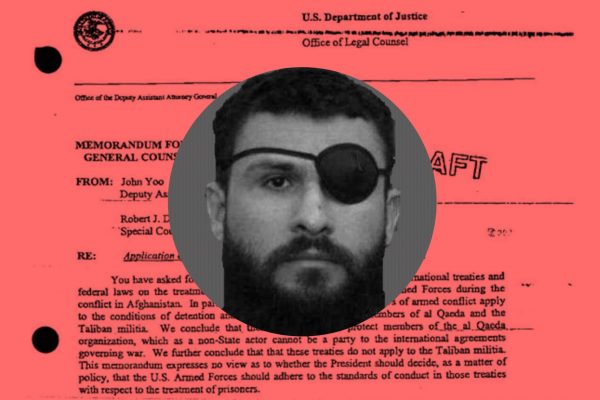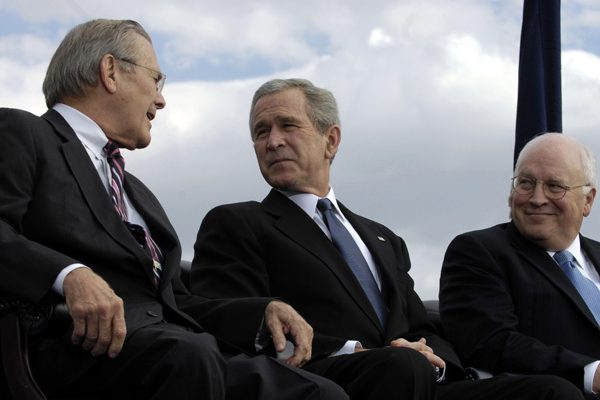Following Donald Trump’s highly anticipated arrest last week, the adjectives “unprecedented” and “historic” proliferated throughout the news media. After a presidency defined by firsts, Trump has managed to achieve yet another: he is the first U.S. president to be charged with a crime. But while Trump is the first president to face criminal charges, he is far from the first to have engaged in criminal behavior. Perhaps the breathlessness with which his most recent legal troubles have been reported reflects surprise that a president is actually being held accountable for his actions.
Why has presidential impunity become the norm? Ironically, the Watergate investigation may be partly to blame. “The irony of Watergate,” observes legal scholar Stuart Streicher, “is that, in responding to Nixon’s abuse of power, the Supreme Court, the House Judiciary Committee, and the special prosecutor set several precedents that have since made it harder to check the abuse of presidential power.” According to Streicher, actions by the court and the House constitutionalized the concept of executive privilege and reduced the scope of impeachable offenses, raising the bar for presidential accountability.
But Watergate is far from the whole story. The rise of what historian Arthur Schlesinger Jr. called “the imperial presidency” has had dire consequences for democratic oversight of executive authority. These are especially visible in the case of George W. Bush, whose illegal invasion of Iraq and sanctioning of torture cost hundreds of thousands of lives and helped to usher in the extremism of the Trump era. “The Bush administration has dedicated itself to creating an alternative universe, an offshore world with no legal constraints on the American executive,” writes philosopher and literary scholar Elaine Scarry. Containing the damage requires more than simply a change of policy; it demands legal accountability, she argues.
Other essays on this week’s list contextualize Trump’s arrest by examining the topic of presidential lawlessness from a variety of perspectives. Contributions by Noam Chomsky and Howard Zinn document the crimes of American empire; legal scholar Elizabeth Goitein discusses civil liberties under Obama; journalist Beenish Ahmed reports on the testimony of drone victims; scholar of policing and counterinsurgency Stuart Schrader looks at Washington-backed mass killings in Indonesia; and more.
It has only gotten harder to hold presidents accountable.
It is only by addressing torture through legal instruments—not simply through the electoral repudiation of bad policy—that the grave and widespread damage stands a chance of being repaired.
The “nothing to see here” tone of a recent intelligence report shows Obama is not concerned about our civil liberties. That is why we should be.
A Pakistani family demands acknowledgment of their grandmother's death.
Beneath Trump’s impeachment lurks a troubling complacency—among Democrats and Republicans alike—with the nature of U.S. imperial power.
How the Washington-backed Indonesian mass killings of 1965 reshaped global politics, securing a decisive victory for U.S. interests against Third World self-determination.
The legal doctrine of "superior responsibility" makes the Russian president liable for war crimes committed in Ukraine.
The lawless—and ongoing—administration of the prison by four American presidents underwrites the broader democratic crisis we face today.
To be a nuclear-armed state is to invest the executive with dictatorial powers over immeasurable destructive capacity.
Why do so many legal theorists think prosecuting would be undemocratic?
